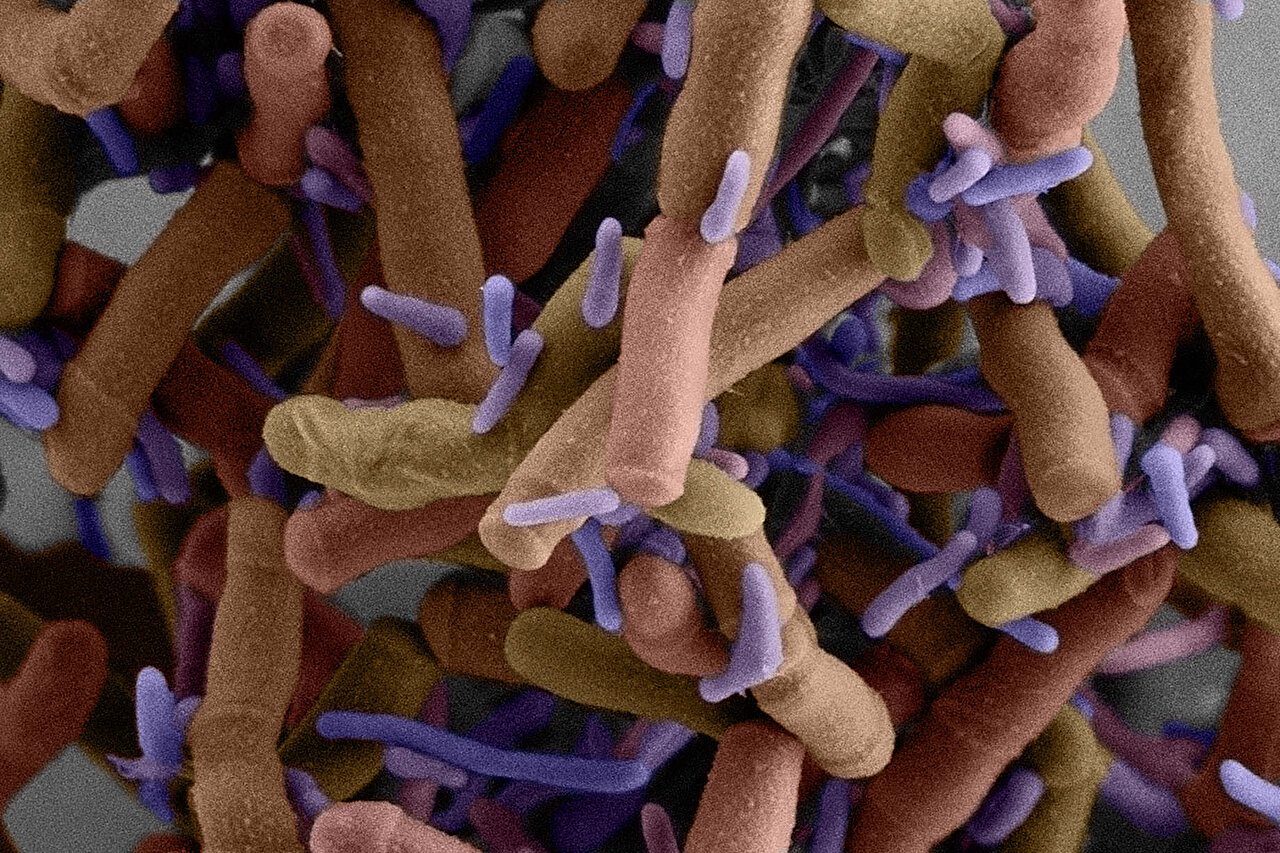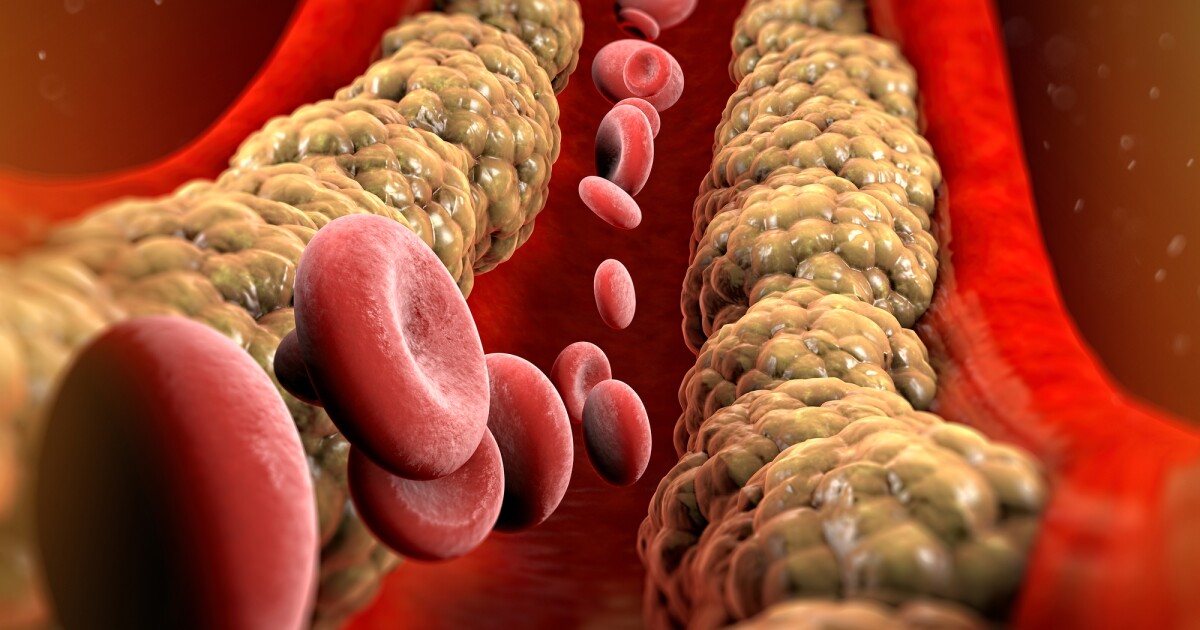Introduction
The rapid advancement of biotechnology and genetics has ushered in a new era of scientific discovery, promising medical treatments, improved agricultural practices, and unprecedented insights into the human genome. However, the profound ethical and legal implications of these changes have also been prominent. This article explores the complex legal landscape surrounding biotechnology and genetics, exploring issues of intellectual property, privacy, bioethics, and regulatory frameworks.
Intellectual Property Rights in Biotechnology
One of the fundamental legal issues of biotechnology is the protection of intellectual property, including patents, copyrights and trademarks. Biotech companies and researchers invest significant money in developing new technologies and discoveries, and rely on intellectual property rights to protect their innovations.
1. Patenting of genes: Patenting of genes and gene sequences has been a controversial issue. While some argue that genetic copyrights can encourage research and innovation, others believe they restrict access to genetic information and medical treatment. In the United States, the Supreme Court’s decision in the Myriad Genetics case limited the patenting of DNA sequences.
2. Biotech patents: Beyond genes, biotech companies often seek patents for new processes, methods, and innovations. These patents provide exclusive rights to inventors and can cover a wide range of biotechnological innovations, from gene editing techniques to pharmaceutical formulations.
Genetic Privacy and Data Protection
As genetic testing and sequencing technologies become more accessible, concerns about genetic privacy have gained importance. Legal guidelines are emerging to protect human genetic information from unauthorized access and misuse.
1. Genetic Information Nondiscrimination Act (GINA): In the United States, GINA prohibits health insurance and employers from discriminating against people based on their genetic information. Ensures that genetic test results cannot be used to deny insurance coverage or influence employment decisions.
2. Data Protection Regulations: In Europe, the General Data Protection Regulation (GDPR) includes genetic data as a special category of personal data. This gives individuals enhanced protection, including the right to access their genetic information and the right to have it deleted or corrected.
Bioethical Considerations
The integration of biotechnology and genetics with ethics raises important questions about the ethical consequences of scientific progress. Bioethical principles and guidelines help navigate these complex issues.
1. Informed consent: In medical research and genetic testing, obtaining informed consent from individuals is a fundamental ethical principle. Laws and regulations require that researchers and health care providers fully inform individuals of the purpose, risks, and potential uses of their genetic information.
2. Human Genome Editing: The advent of CRISPR-Cas9 technology has raised ethical concerns about the possibility of editing the human genome. Many countries have established legal guidelines to regulate and, in some cases, prohibit germline genetics.
Administrative Oversight
Governments and international organizations play an important role in regulating biotechnology and genetics to ensure safety, ethical standards, and responsible research practices.
1. Food and Drug Administration (FDA): In the United States, the FDA regulates biotechnology products, including genetically modified organisms (GMOs) and biopharmaceuticals. It tests their safety and effectiveness before they are sold to the public.
2. International agreements: The Convention on Biological Diversity and the Cartagena Protocol on Biosafety regulate the international movement of GMOs and establish rules for their handling, transport and documentation.
3. Clinical trials: Ethical and legal guidelines govern the conduct of clinical trials involving biotechnological and genetic interventions. These principles aim to protect the rights and safety of human research participants.
Emerging Challenges: CRISPR and Beyond
The emergence of CRISPR-Cas9 technology has opened up new opportunities in genetic engineering, from gene therapy to the potential treatment of genetic diseases. However, this technology also presents unique legal challenges.
1. Off-target effects: Another concern is the possibility of unintended gene mutations or “off-target effects” when using CRISPR. Legal guidelines are being developed to assess the safety and potential liability associated with such modifications.
2. Germline Editing: The editing of germline cells, which can be passed on to future generations, raises serious ethical and legal questions. Many countries have imposed strict regulations or bans on germline classification.
To conclude
The legal implications of biotechnology and genetics are complex and multifaceted, affecting issues of intellectual property, privacy, ethics and regulation. As science progresses, it is imperative that the legal framework evolves accordingly, aligning the goals of scientific innovation with the protection of individual rights and the ethical considerations of society at large. Navigating this ever-changing frontier requires a delicate balance between promoting progress and ensuring responsible and ethical practices in the world of biology and genetics.
#Legal #Implications #Biotechnology #Genetics #Walking #Ethical #Legal #Frontier





